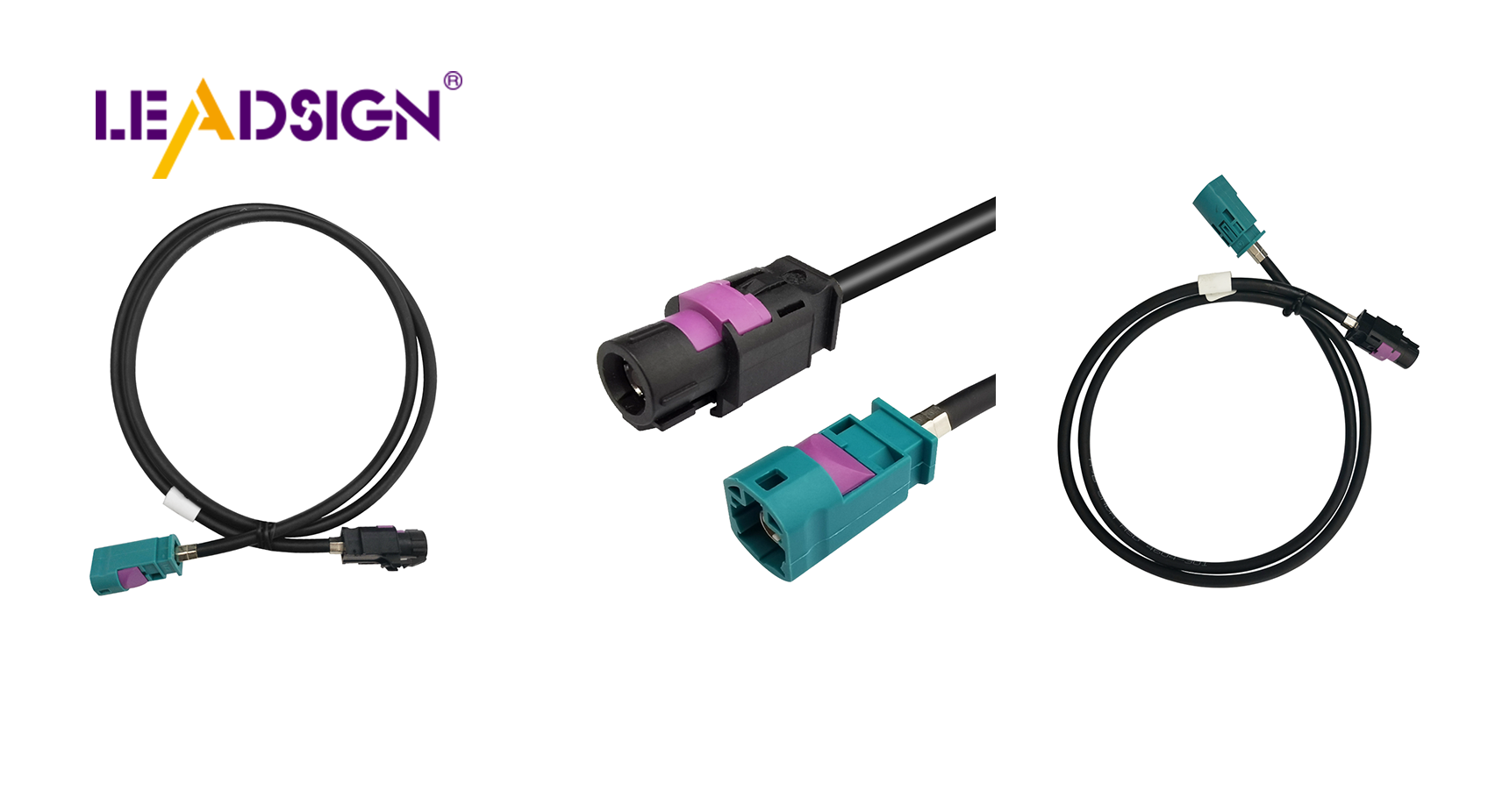What Makes Automotive Electrical Connectors Types Unique?

Automotive electrical connectors types play a crucial role in modern vehicles. They facilitate the smooth transmission of power and signals necessary for the proper functioning of various components. These connectors serve to link wires, sensors, and modules, forming an integral part of the vehicle's electrical system. Their design is carefully crafted to anticipate and prevent issues related to heat and the number of connections. This proactive approach ensures optimal performance and safety of the vehicle. Through establishing secure and robust connections, these connectors contribute to enhancing the efficiency and longevity of cars.
Basic Design and Parts of Car Electrical Connectors
Car electrical connectors are key in vehicles. They help power and signals move smoothly. Their design and materials make them work well and last long.
Male and Female Parts
How They Work Together
Car connectors have male and female parts, like plugs and sockets. The male part, a pin or blade, fits into the female part, a socket. This makes a strong link that doesn't break easily when the car moves.
Why Design Matters
The design of these parts is important for reliability. Engineers make sure they fit perfectly to avoid problems. Good design helps the car's electrical system work better by keeping connections steady.
Materials for Strength
Common Materials Used
Strong materials are used to make car connectors. Nylon, polypropylene, and thermoplastic elastomers are common choices. These materials handle tough conditions like heat changes and moisture.
Benefits of Material Choices
Material choice affects how long connectors last. Good materials protect against heat, wetness, and rusting. This keeps them working well even in hard jobs. They also conduct electricity well and stay strong, which is vital for the car's electrical system.
Manufacturers use new materials and designs to make connectors last longer. This helps them meet modern cars' needs so they can handle tough situations without breaking.
Unique Features of Car Connectors
Car connectors have special features. They help cars work well in different conditions.
Tough Against Weather
Handles Hot and Cold
Car connectors can handle very hot and cold weather. They keep working in heat and cold. This is important for cars in all climates. Materials like nylon help them stay strong. This stops them from breaking when temperatures change.
Keeps Out Water and Dust
Car connectors also stop water and dust. They have seals to block water and dirt. This keeps the car's electricity safe and stops rusting. By blocking these things, they last longer.
Strong Power Connections
Carries Big Electric Loads
Car connectors can carry a lot of electricity safely. They use strong parts to move big electric currents. This is needed for charging batteries or using powerful parts. Their design keeps them cool and safe.
Needed for Big Power Jobs
Strong power connections are used in big jobs like charging electric cars or running fancy screens. These connectors give steady power to these systems, helping them work right.
Easy to Change Design
Can Be Made Different Ways
Car connectors can be made in many ways to fit different needs. Makers can change their size, shape, or setup to match what a car needs best.
Fits Different Car Parts
These connectors fit into many car parts easily, like engines or lights. Their flexible design helps all parts work together well, which is key for modern cars.
Types of Automotive Electrical Connectors and Their Applications
Car electrical connectors are like the backbone of a car's electric system. They help parts connect smoothly, so power and signals move well. Knowing different connector types helps cars work better.
Overview of Automotive Electrical Connectors Types
Car connectors come in many shapes to fit different needs. They keep connections strong in all kinds of car settings.
Commonly Used Connectors
Popular car connectors are Amphenol ATP Series and Deutsch DT Series. Amphenol ATP is tough for heavy vehicles. Deutsch DT is great for racing because it handles weather well. These connectors protect against heat, water, and rust, lasting long.
Specialized Connectors
Some connectors meet special car needs. Molex connectors are flexible and strong with different pin sizes. They're good for designs needing options. OEM connectors fit cars perfectly, made to resist heat and wetness.
HSD Connector
The HSD connector is special for fast data in cars.
Role in Automotive Electronics
In cars, HSD is key for cameras and USBs. It locks tight to stay connected safely. Its design stops wrong connections, helping electronics work right.
Uses in Other Industries
Outside cars, HSD works in telecoms like radio stations. It supports USBs and Ethernet too, fitting many tech uses.
In short, car electrical connectors are vital for a car's systems to work well. Knowing their types helps make smart choices for better performance.
Automotive connectors are important for cars to work safely. They help power and signals move well, which is key for car systems. Choosing the right connector makes them last longer and need less fixing. Good connectors have strong seals and many pins, so they work well even when things get tough. Using the right connectors makes cars run better and last longer. This is very important for making and taking care of cars.
See Also
Essential Guide to HSD Connectors in Auto Sector
Significance of Fakra Connectors in Today's Cars
Key Role of Fakra Connectors in Auto Sector

